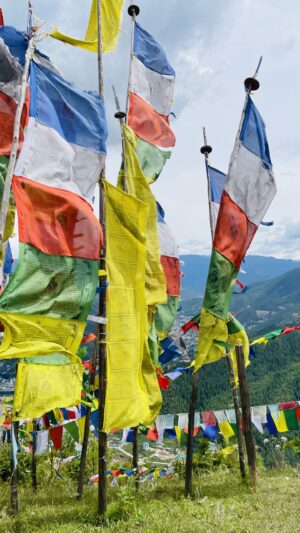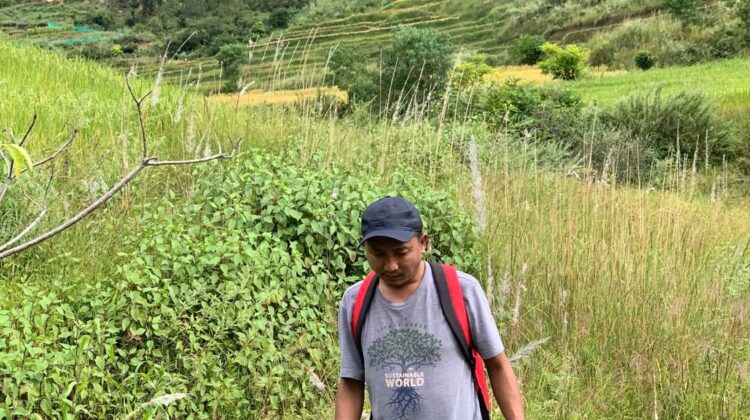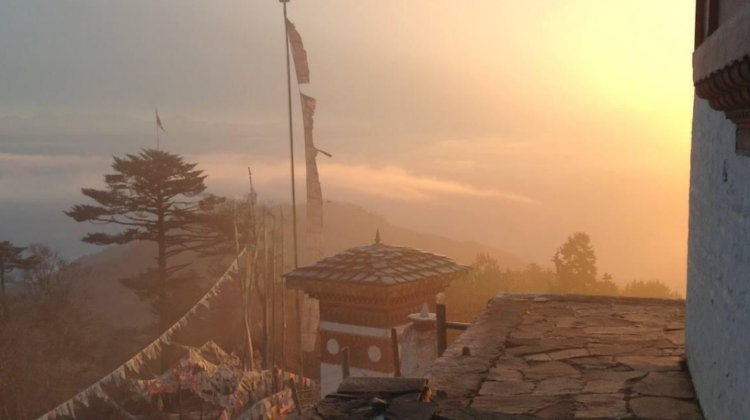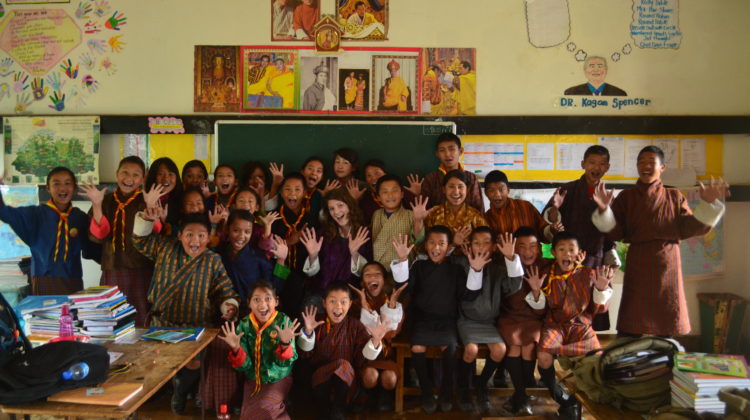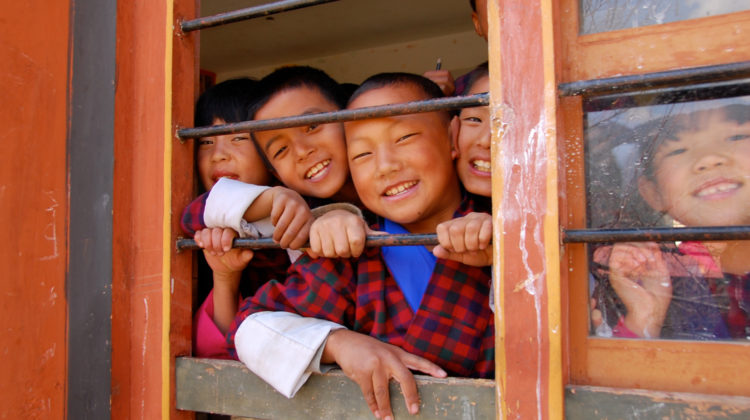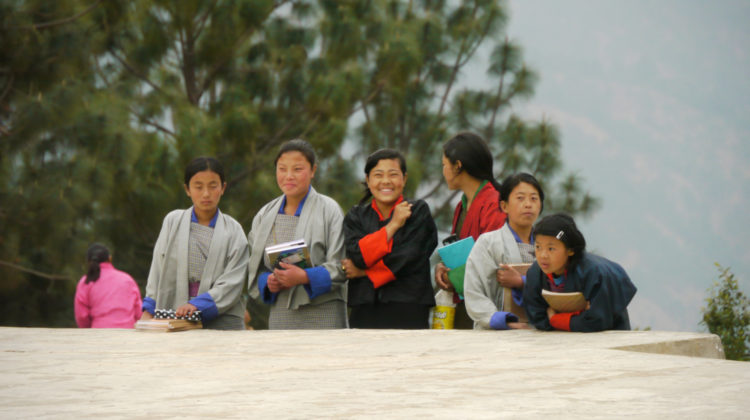Steering Committee Interview: Mr. Karma Tshering BCF
1. Tell me how you first got involved with the Trans Bhutan Trail?
I first got involved in the project in the year 2015-2106 where preliminary discussions took place under the chairmanship of Mr. Sam Blyth along with TCB and our former Prime Minister Dasho Tshering Tobgay. They spearheaded the Trans Bhutan Trail (TBT) project. For me, I was not very optimistic about this ambitious project given the huge cost that would be required for the revitalization of the ancient trail.
2. How do you think that the Trans Bhutan Trail contributes or can bring a positive change to society?
TBT is a symbol of national unity. Its immediate beneficiaries will be tourism industry, local communities and in 2022 walking the trails will become a component of Gyalsung National Youth Service program.
3. What would you tell someone who is thinking about donating and volunteering in this project?
I would ask them to take part in this historic venture since it’s our own country which will showcase to the outside world. I would encourage them to join in the project so that we feel proud. This will go a long way in shaping the Bhutan’s tourism industry. I would also encourage them undertake treks on the ancient trails for health reasons.

4. What would you say are some of your strongest beliefs about this project?
I am confident that once the trails are made operational not only outside visitors will enjoy the treks on the ancient trails but even our own locals will undertake the journey. However, I am apprehensive about the sustainability of the trail since maintenance of the infrastructures will have to be carried out, Therefore a decision must be taken as to which agency should assume the overall responsibility of the TBT project.
5. Tell me about some of the people you have met while working with TBT and what was their opinion about the trail restoration?
The restoration of the ancient trails has been welcomed by the central government, local government, local communities and travel agents as this project will sustain tourist delight. The villagers were much excited and thrilled about the restoration of the trails and out of appreciation and happiness they came forward offerings meals and beverages to the trail team and even escorted us.
6. What do you find most challenging about this project?
There are numerous challenges that we faced in the project. Firstly, I was worried at the time was about how we would kick start the project in the absence of any expertise or experts who could advice and give us the technical know-how of building trails. Secondly, we faced with the challenge of building bridges for connectivity. Thirdly, we had to deal with locals since some sections of the trail fell on the private lands of the villagers and also within the national highway and farm roads. Finally, fund was also a challenge although the situation has now been improved considerably.
7. What has surprised or made you interested in working with Trans Bhutan Trail?
My family and friends have expressed their joy and said that I am privileged to be associated with this project when the old is being transformed into a new era. They also said I will be remembered for being a part of this project and my name would go in the history for next generation to remember.
Read more about the trail here: https://bhutancanada.org/transbhutantrail/
Follow the Trans Bhutan Trail team on Social Media:
Facebook
Instagram


